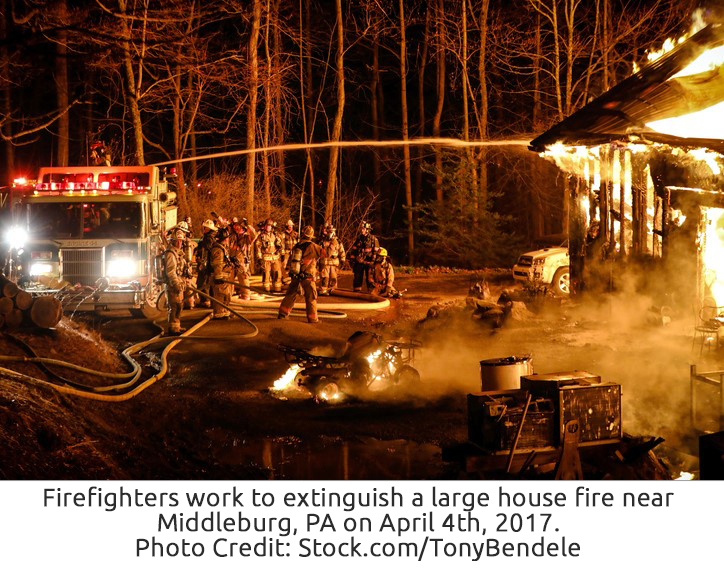|
Electrical safety is our key concern and I'm always looking out for information that will educate you and help keep the industry safe. I wanted to pass along this article written by Logan Millington. I hope you find it has value.

Contributed by: Logan M. Millington
LM Electric and Consulting Corp.
 Each year an average of 44,880 residential home fires are started by failing or malfunctioning electrical equipment. This results in an estimated average of 440 deaths, 1,250 injuries, and $1.3 billion dollars in property damage. So far, the year 2021 has seen 829 home fire fatalities to date1. This does not include the deaths, injuries, or property damage in commercial, industrial, or institutional facilities. Each year an average of 44,880 residential home fires are started by failing or malfunctioning electrical equipment. This results in an estimated average of 440 deaths, 1,250 injuries, and $1.3 billion dollars in property damage. So far, the year 2021 has seen 829 home fire fatalities to date1. This does not include the deaths, injuries, or property damage in commercial, industrial, or institutional facilities.
What you need to do
As a property owner or manager you need to make sure that routine maintenance is performed to help prevent an electrical system malfunction. This is important from a few critical perspectives:
- Nothing lasts forever “ electrical components are no exception. They physically break down over time through use and by being exposed to the physical and magnetic forces of electricity. Many coatings for electrical equipment are organic “including paints, enamels, lacquers, and varnishes used for corrosion protection.
- Electrical components may not function properly over their lifespan if not maintained in accordance with the manufacturer's instructions.
- Fires are not the only concern with malfunctioning equipment. Sometimes far more devastating are other outcomes such as electric shock, electrocution, and serious burns and injuries that can occur in the event of an arc flash or arc blast.
Compliance and your pocketbook
In the event of a fire or injury, insurance companies often require an investigation to determine the cause of the fire or injury. The legal culpability will often be based on their findings. The National Electrical Code® (NFPA 70) which is legally adopted in all 50 states, requires in section 110.3(B) that electrical equipment be installed and used in accordance with any instructions from the manufacturer or the testing laboratory that certified the product. These instructions and listings often include the recommended maintenance procedures.
In the event of a lawsuit or investigation, an attorney may bring an expert witness into the case. One of the questions that person might ask would be, Was the equipment maintained according to the manufacturer's instructions? If not, an insurance company may decide not to pay such a claim.
A wise protective measure is to schedule routine maintenance and have it documented and sent to your insurance company to be kept on file.
The maintenance should be performed and documented by a qualified electrician.
To download a PDF of this article, click here.
1 Statistics based on averages from 2012-2016 and 2021 fatality figures as
reported by FEMA and NFPA for the United States. |

